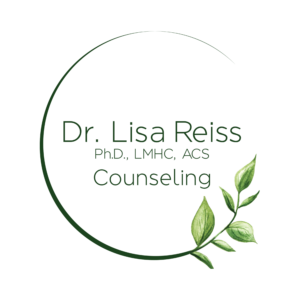Why is Validation so important in building Communication Skills?
What is Validation and why is it such an important communication skill in relationships?
So, what exactly is Validation?
I can first tell you what it is not. It is not an automatic agreement or approval. It is an acknowledgment that our partner can see our perspective on things and the thoughts and feelings we are having in association with that knowledge. Validation is also not a watered-down version of empathy. It needs to be based on a genuine desire to hear and be understood.
Practicing Validation is important for any relationship. It helps each partner (or even family member or friends or co-workers) communicate their level of care and support. It also states That we are concerned for their mental health even if we can’t actually see their perspective. We are communicating that we are present and hearing them. Validation can be difficult to put into practice daily especially in times of high stress, conflict, and confrontation. When our partner, family, friend, or co-worker shares negative feelings it is difficult to not react defensively. When we do so it is usually in reaction to some of our own unresolves feelings or experiences not the other way around. It is usually easier to find fault in someone else than to see it within us (that takes knowledge and self-awareness which usually comes from some good therapy) and to take responsibility for our actions (or reactions).
The following are some helpful tools to put into practice the next time you are in a conversation with someone and want to have a more positive outcome.
- Be present. Maintain eye contact and engage with the other person who is speaking. This can be seen through body language, nodding your head in empathy.
- Reflect by repeating what the other person has said and that acknowledgement reassures them that they have been heard that that you agree or are watering down your empathy for them.
- Observe the person speaking. It is important to appear that you are focusing on them and what they are saying by noticing their body movements and being aware of what they might be feeling.
- Normalize the moment and recognize what they are feeling and saying. You can do this by saying “I can hear and see how painful this moment was for you” or “I can feel how upset you must be by this difficult situation”.
Validating is challenging but highly effective in maintaining interpersonal relationships. Not just in personal relationships but also in professional once’s as well. Every human being wants to be heard and recognized and by validating them you are reassuring them that you are there to support them no matter what the circumstance.

